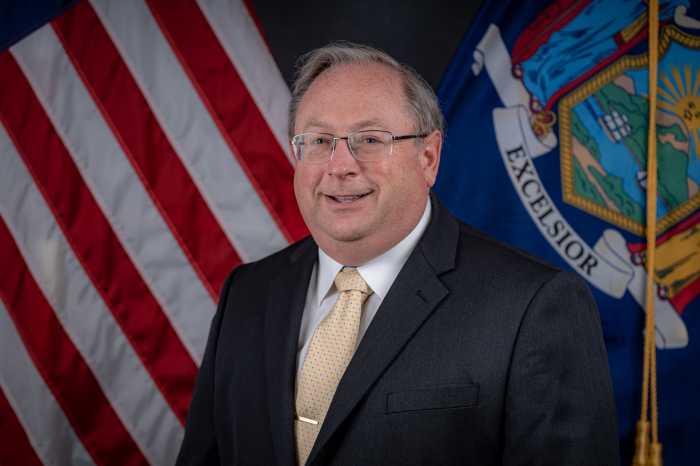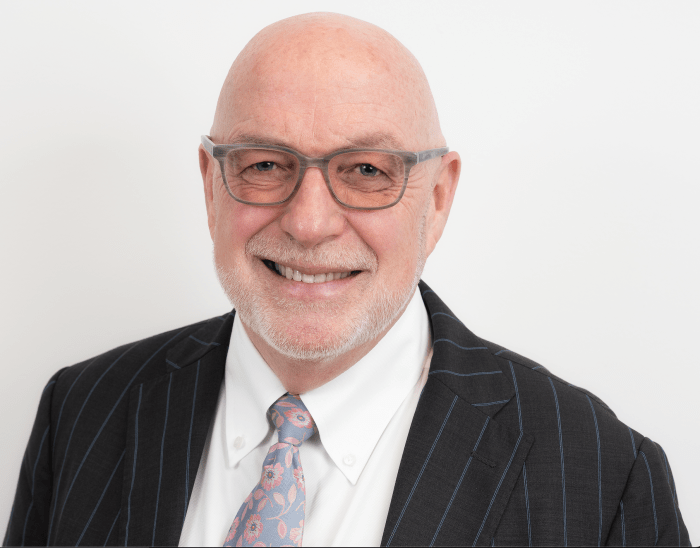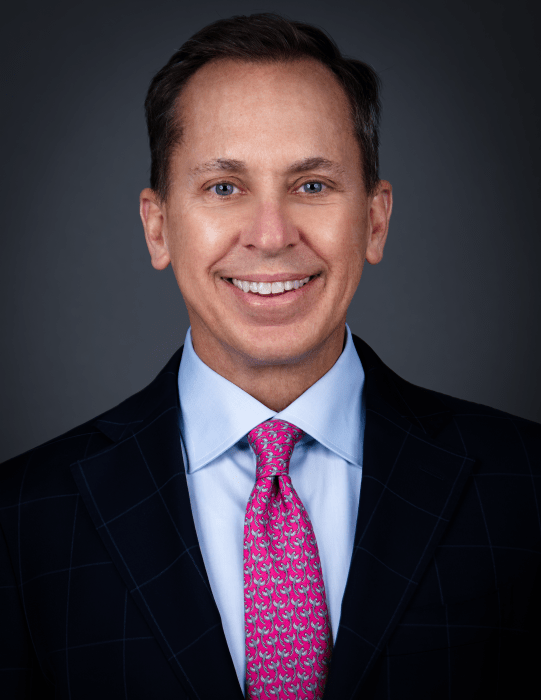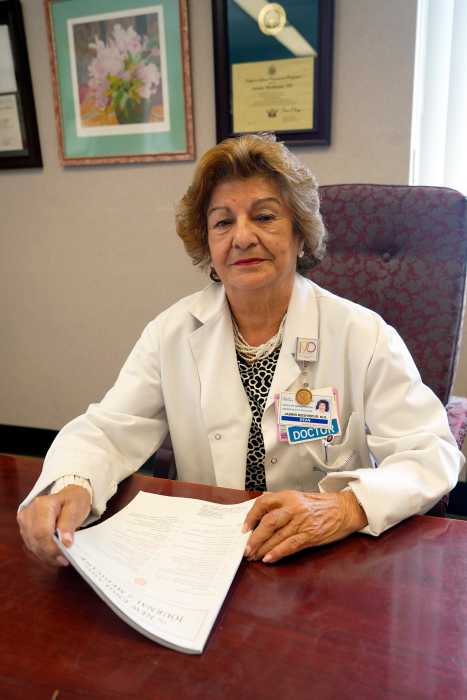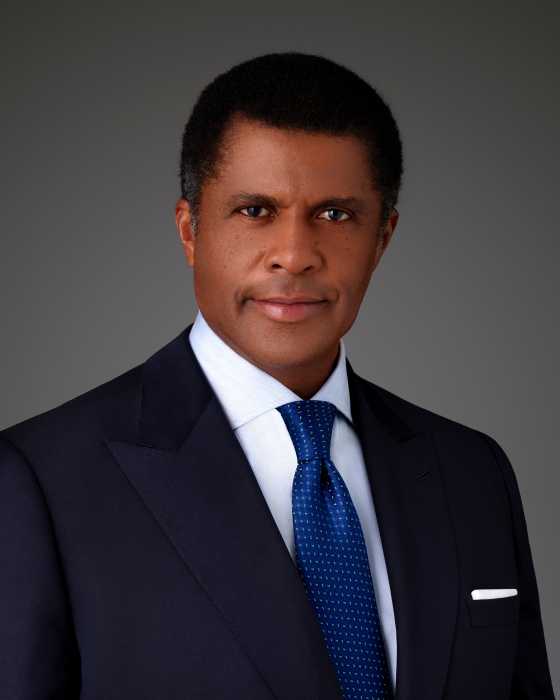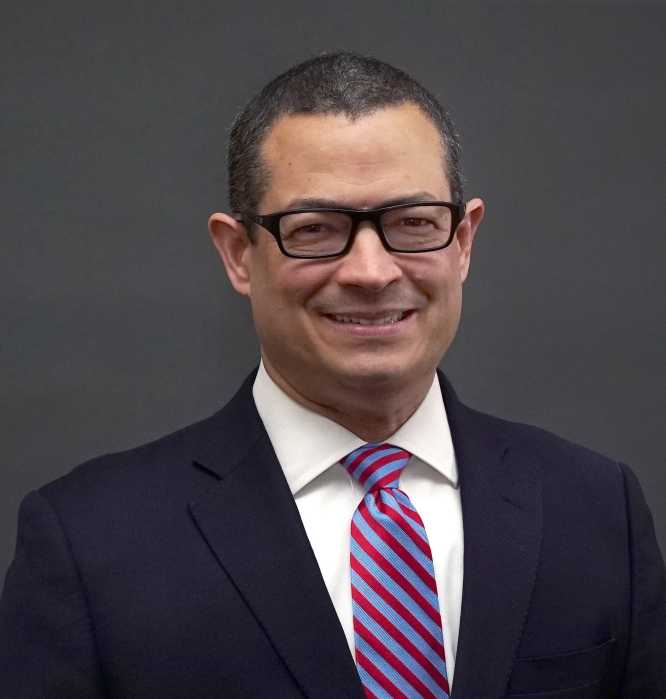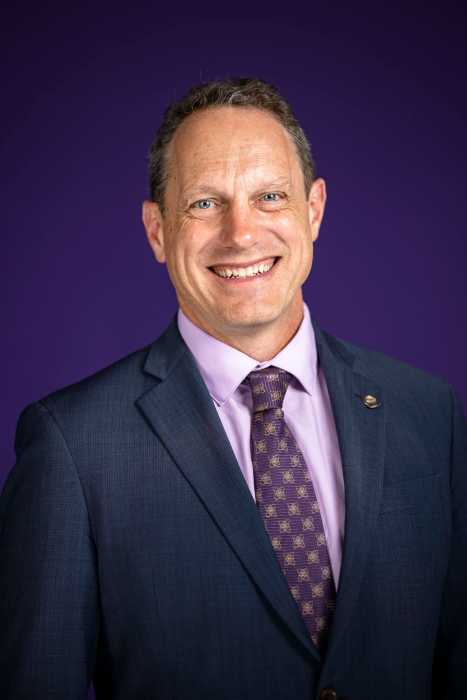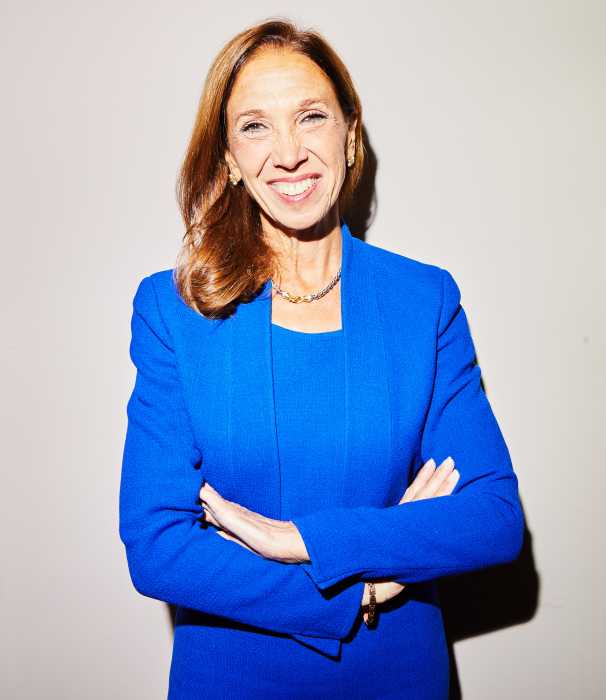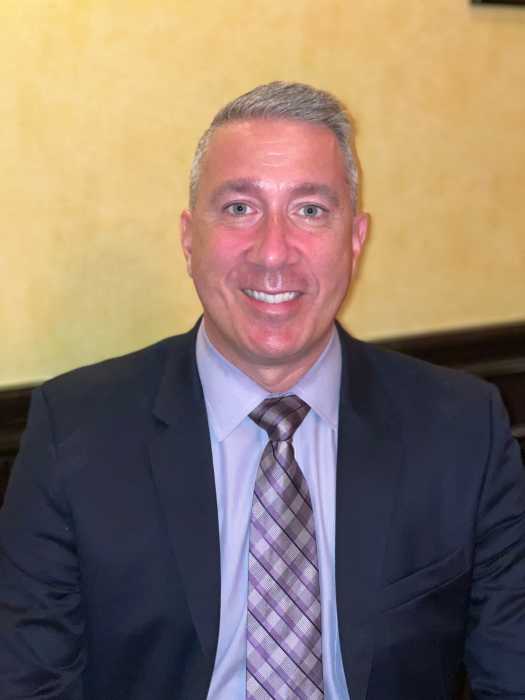James V. McDonald M.D., MPH., was confirmed as the NYS commissioner of health on June 9, 2023, after joining the Department in July 2022. He previously served at the Rhode Island Department of Health since 2012 in various roles. He is board certified in pediatrics and preventive medicine. His diverse career also includes officership in the U.S. Navy, private practice in rural areas with health care shortages, and service in the Navajo Nation in Arizona.
Do you have advice for those interested in joining the health care field?
It’s not about you; it’s never about you. It’s about the person in front of you that you “get to help.” Health care is a privilege; find a mission you believe in and do it well.
How can policymakers support New York’s health care system?
Achieving health equity is intentional, health equity is recognizing not everyone has the same starting point in life nor the same advantages, yet everyone deserves a fair and just opportunity for the best health outcomes. Achieving health equity benefits everyone. We all benefit when no child is hungry. We all benefit when everyone has health insurance. We all benefit when everyone has access to high-quality health care.
What is the most important lesson you’ve learned in your career so far?
When I am happy, be kind. When I am frustrated, be kind. When I am tired, be kind. When I am working hard with others, be kind. When I disagree with someone, be kind. When someone is mean to me, be kind. When I work well with others, be kind. Patience helps too.


